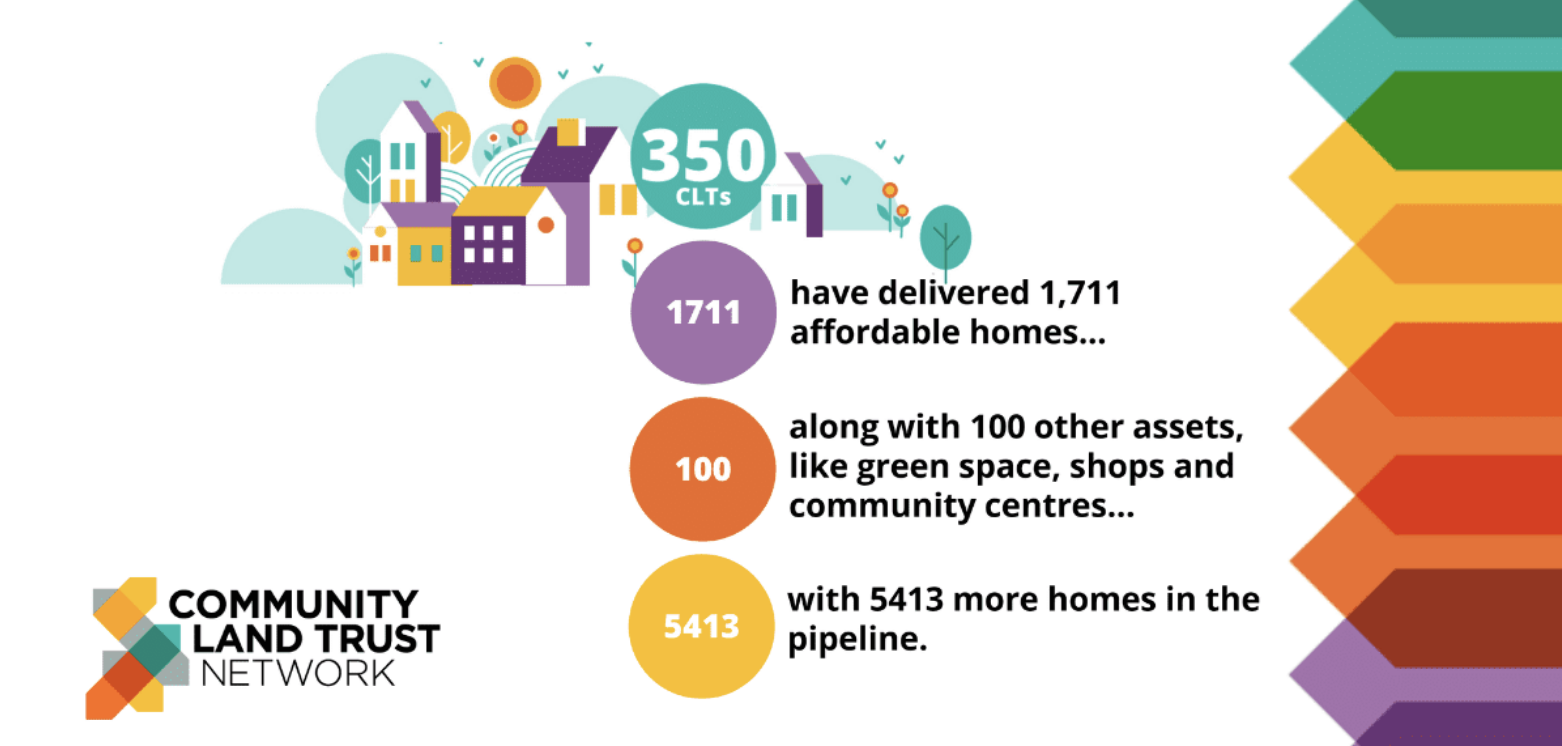The Community Land Trust (CLT) Network has published a report on CLT activity that points to a huge potential for this approach to community led homes to deliver many more homes.
Models vary, but many such communities will fall into the category of being a self build when the initial owners have some input into the initial design, but this varies trust by trust.
In its State of the Community Land Trust Sector report the CLT Network finds that there is a potential for communities to deliver at least 278,000 homes across England and Wales. However, this can only be achieved through the use of replicable models supported by industry partnerships.
The report goes on to frame five distinct models that can be repeated, including applications suitable for urban and rural communities, which makes it a useful resource for anyone considering setting up a community land trust.
Currently there are 350 CLTs, with 209 more being created, and many of these are working to create homes in either areas that are unaffordable or deprived. CLTs have also delivered 1,711 affordable homes, with 5,413 in the pipeline.
To find out more about projects in progress near you, visit Community Land Trust Network, or for insight into the different community-led housing models visit Community Led Homes website.
What is a Community Land Trust?
CLTs are set up by a community to steward land, with a very local emphasis. This might be a garden or civic buildings, but is often land for affordable homes, which the group then bring forwards or commissions, typically working with partners, such as a landowner, council or registered social housing provider.
The land in question is held in trust, keeping homes affordable forever, meaning that they are not for everyone, but are very welcome by the communities around them.
Don’t forget, if you are interested in building or commissioning a home of your own you should sign your local authorities’ register, and you can do this both as an individual and as a group – so that the council is aware of group’s wishing to build locally.




